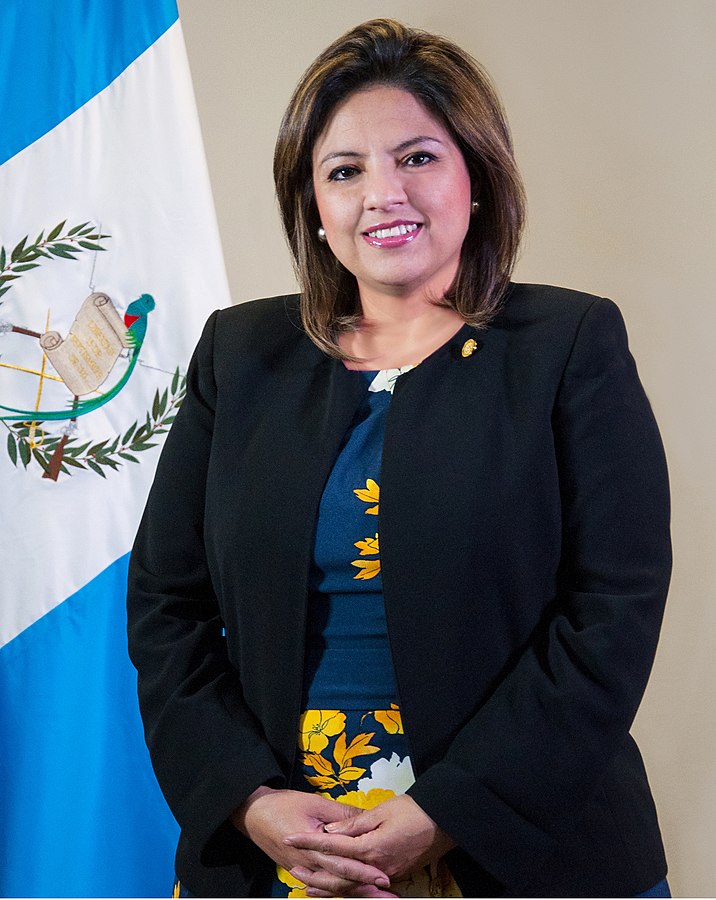
Guatemala announced Monday it was pulling out of a United Nations-sponsored anti-corruption commission after more than a year of tension between the government and the group, which has investigated top government officials and people close to President Jimmy Morales.
Foreign Minister Sandra Jovel announced the decision after meeting with Secretary-General Antonio Guterres about the commission, known as CICIG for its initials in Spanish.
She accused the group and its members of politicizing its work, violating Guatemala’s sovereign authority, failing to respect the presumption of innocence and causing “division in our society.”
“The CICIG has exceeded its authority,” she said. Jovel said the commission’s staffers have 24 hours to leave the country, though a Guatemalan court has ruled that the country has to grant them visas.
There was no immediate response from the U.N. Before the announcement, spokesman Stephane Dujarric said Guterres continues to support the commission’s work “and expects the Guatemalan government to provide the commission with all the assistance necessary for the discharge of its functions and activities.”
During its 11 years operating in Guatemala, CICIG has pressed corruption cases that have implicated more than 600 people, including elected officials, businesspeople and bureaucrats.
Morales has made no secret of his contempt for the group — formally, the International Commission against Impunity in Guatemala — which has investigated the president’s son and his brother. They deny accusations of corruption.
The commission has also tried to bring a case involving purported illegal campaign financing against Morales, who similarly denies the allegations. Lawmakers so far have rebuffed proposals to lift Morales’ immunity from prosecution in the matter.
Morales said in August 2017 he was expelling CICIG’s chief. Though a court quickly blocked that order, the commission head was later barred from re-entering the country after leaving for a business trip.
Last year, Morales refused to renew CICIG’s mandate, effectively giving it until September 2019 to wind down operations and leave the country.
Most recently, a commission member was detained at an airport for almost a day and refused entry to the country after arriving Saturday. A court ordered his release.